Google Co-Founder Sergey Brin Admits He Dropped The Ball With Google Glass
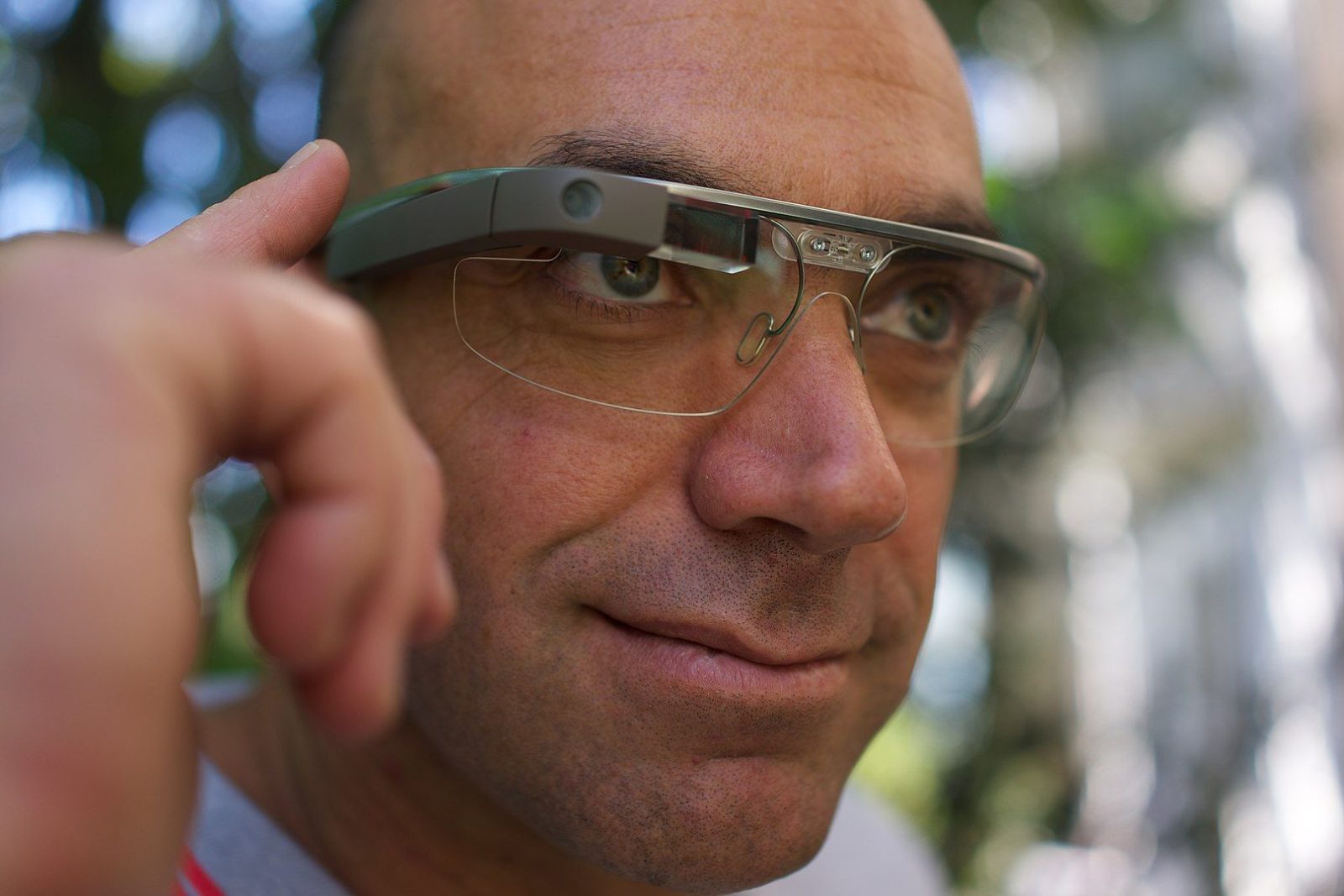
Contents
Summary
- Google unveiled Android XR, its new smart glasses platform powered by Gemini AI, at I/O, marking its second attempt in the market after the earlier struggles with Google Glass.
- Google co-founder Sergey Brin made a surprise appearance, candidly admitting mistakes with Google Glass, particularly regarding supply chains and pricing, but expressed optimism for Android XR due to strategic partnerships and the capabilities of modern AI.
- Brin emphasized that advancements in AI, exemplified by Gemini, now enable practical real-world applications for smart glasses, such as seamless directions, translations, and object identification, which were less feasible during the Google Glass era.
Google’s user-centric I/O keynote concluded yesterday with several announcements pertaining to the Android operating system, Gemini, Google Search, new Android XR devices, and more.
The latter, which clearly should have been the headliner of the event, gave us our first good look at what Android XR and its Gemini integration will look like from the POV of a smart glass wearer.

Related
This isn’t necessarily Google’s first foray into the world of smart glasses — the tech giant was selling its Google Glass to enterprise customers all the way up to March 2023, and that previous experience is now helping it avoid the same mistakes it made this past decade.
Adding confirmation to the approach was a surprise I/O appearance by Google co-founder Sergey Brin, who, during an on-stage interview with Google DeepMind CEO Demis Hassabis, reiterated that mistakes were indeed made (via TechCrunch).
Pricing and supply chain woes were Google Glass’ biggest nemesis

Related
Project Astra is the Google Glass we deserve
Seeing the glasses in action has left us both nostalgic and hopeful
Like a (not-so-) candid trip down memory lane, Brin recollected and admitted that he “made a lot of mistakes with Google Glass,” with his lack of knowledge about “consumer electronic supply chains” and the overall struggle to get to a reasonable price point for the technology being the key factors to Google Glass’ limited success.
Brin suggested that the same mistakes are unlikely to be replicated, and that he is still optimistic about the form factor and the ease of use that smart glasses offer, which is apparent with Xreal’s Project Aura.

Related
He added that Google has a strategic advantage this time around, thanks to “great partners” like Samsung, Qualcomm, XReal, Gentle Monster, Warby Parker, and more who bring their own expertise in chips, manufcaturing, and hardware design. “And now it looks like normal glasses without that thing in front,” said Brin
Further citing Gemini’s importance in the mix, Brin alluded that smart glasses now have real-world world use cases, like offering seamless directions, translations, identifying objests, and more. “Now, in the AI world, the things these glasses can do to help you out without constantly distracting you — that capability is much higher,” something that wasn’t as tangible in Google Glass’ days.
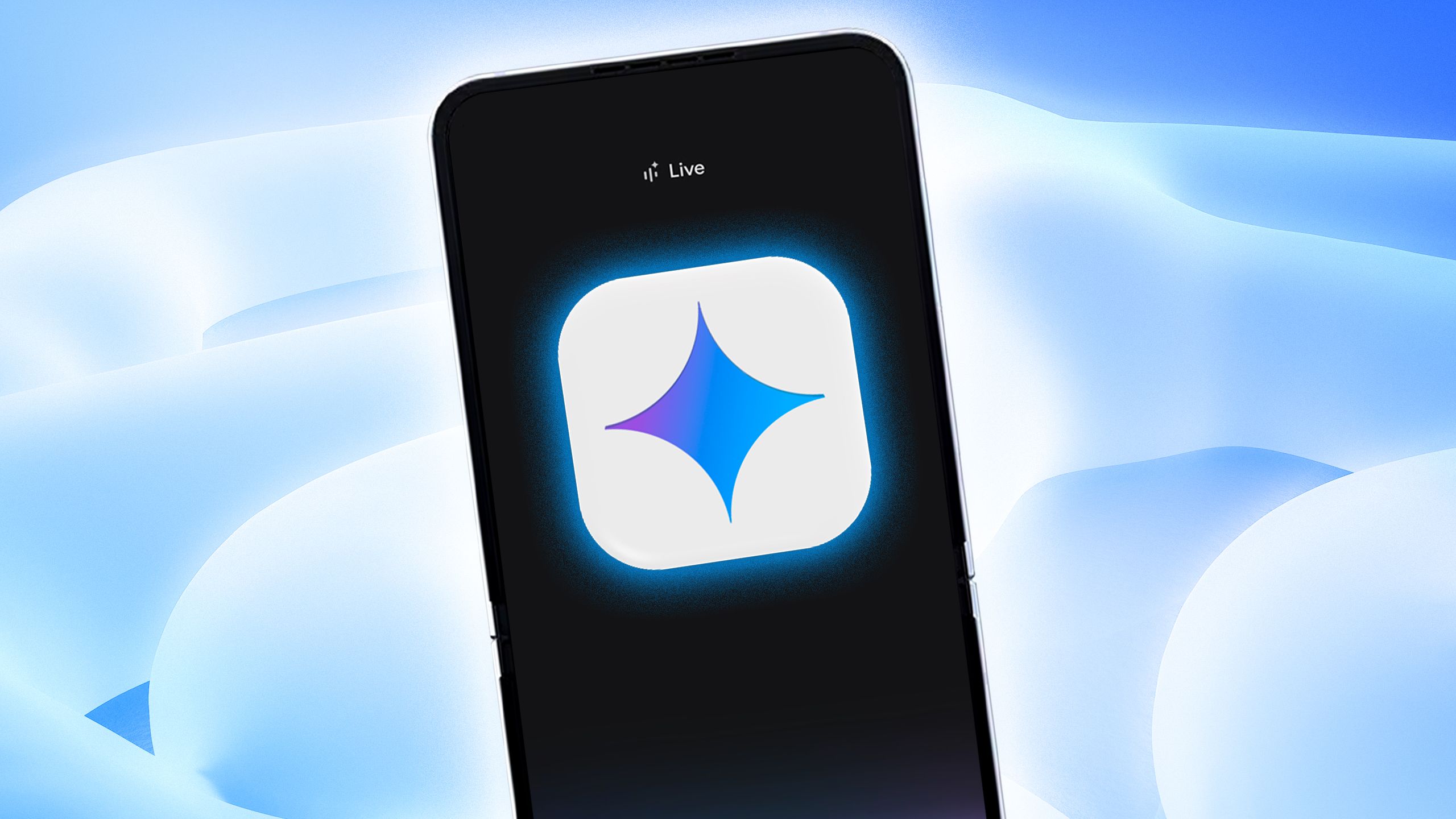
Related
10 ways I use AI to simplify my daily life
Learn new ways to do work, studies, and hobbies
What’s your reaction?
Love0
Sad0
Happy0
Sleepy0
Angry0
Dead0
Wink0
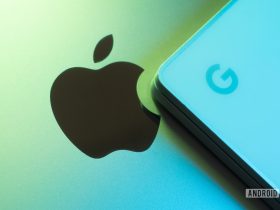
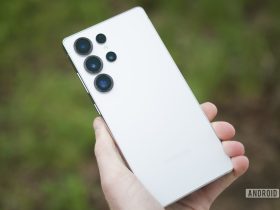




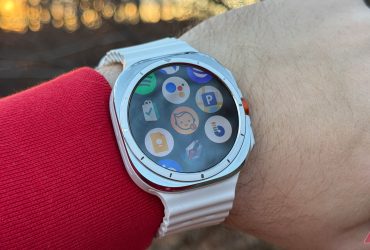

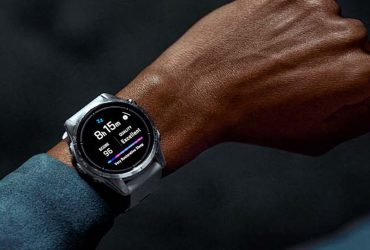
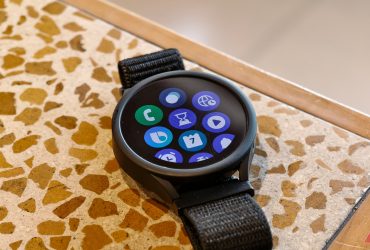
Leave a Reply
View Comments